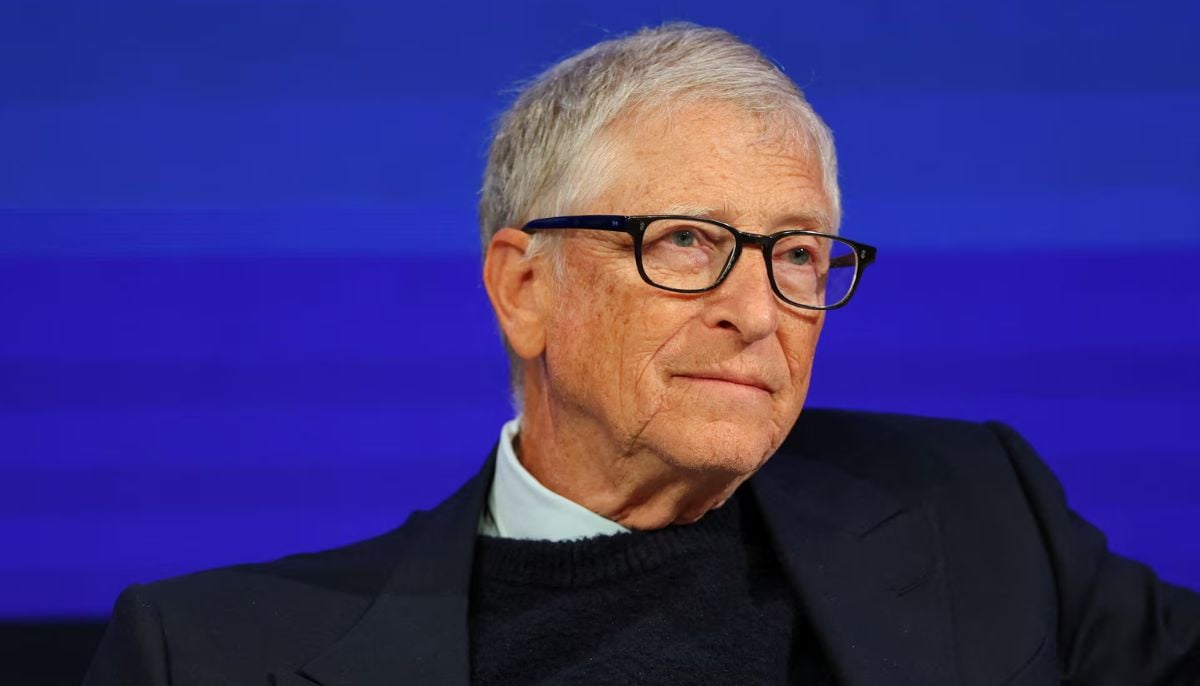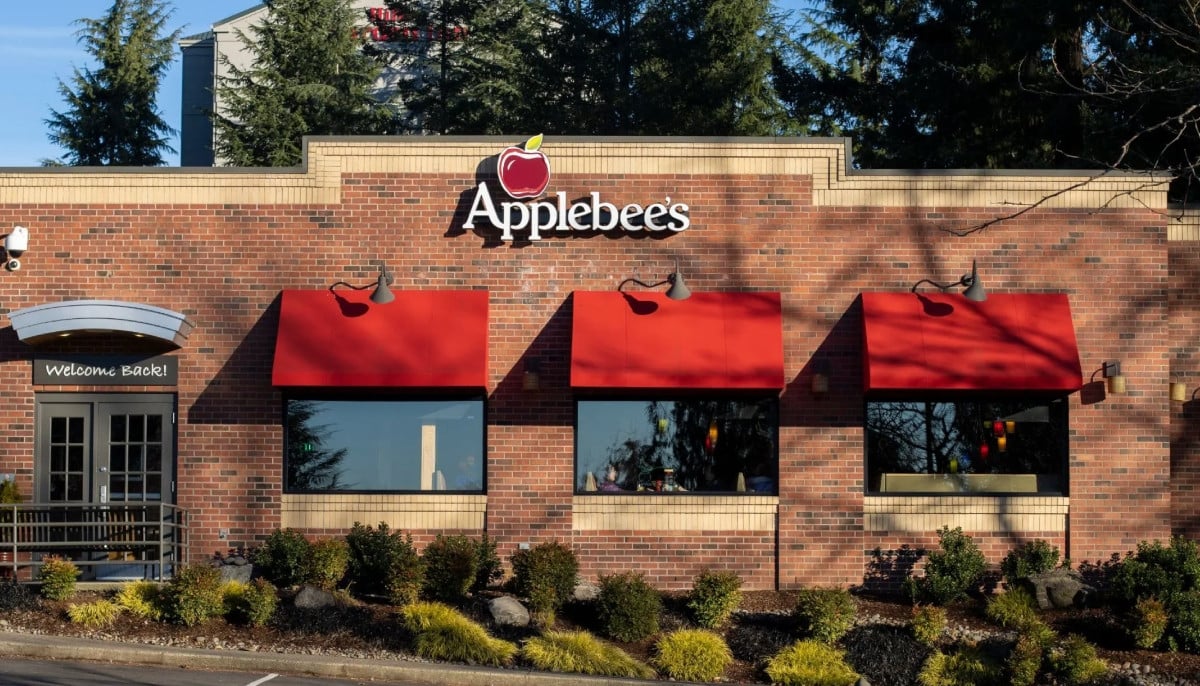Renowned physicist terms artificial intelligence chatbots a 'glorified tape recorder'
Kaku emphasized the potential of quantum computing to revolutionize healthcare
Renowned theoretical physicist Michio Kaku has challenged apprehensions surrounding new AI technology, characterizing it as a "glorified tape recorder."
In an enlightening interview, Kaku shared his perspective on the potential of chatbots, exemplified by OpenAI's ChatGPT, to be a positive force in society, bolstering productivity and understanding.
Kaku pinpointed the root of widespread unease, attributing it to chatbots' capacity to curate content from online sources, assembling human-generated fragments into responses that might be mistakenly perceived as original. While the phenomenon can lead to chatbots producing human-like outputs, Kaku was keen to highlight the crucial distinction: these programs lack the ability to independently discern truth from falsehood, relying on human guidance for validation.
The physicist took a historical approach, mapping out the evolution of computing into distinct phases. He delineated the early analog stage, characterized by rudimentary tools like sticks, stones, and mechanical devices employed for computation. The subsequent phase emerged during World War II, with the advent of electricity-powered transistors driving microchip innovation, shaping the contemporary digital landscape.
Looking ahead, Kaku envisioned a forthcoming era dominated by quantum computing. By harnessing the intricate states of subatomic particles, such as electrons, quantum computing has the potential to exponentially enhance computational prowess. In contrast to traditional binary systems reliant on zeros and ones, quantum computers leverage the intricate states of particles, enabling rapid problem-solving and intricate analysis.
Esteemed technology giants, including IBM, Microsoft, Google, and Amazon, are at the forefront of quantum computing exploration, extending access to this technology via cloud platforms. This innovation holds significant potential across various sectors, encompassing risk assessment, supply chain optimization, and machine learning applications.
Kaku's vision extended beyond the business landscape. He emphasized quantum computing's transformative potential within healthcare. Complex diseases like cancer, Parkinson's, and Alzheimer's operate at a molecular level, presenting unique challenges to conventional computational systems. Quantum computing's capacity to decipher the intricate language of molecular and quantum electron interactions holds promise for breakthroughs in treating these ailments.
Michio Kaku's insights underline the transformative potential of AI and quantum computing, reshaping industries and catalyzing scientific progress. His commentary serves to counter prevailing apprehensions surrounding AI, underscoring its potential for positive impact.
-
Japan plans missile deployment near Taiwan by 2031 amid growing regional tensions
-
Trump delivers longest State of Union address in history: Inside key details on economy, security and global strategy
-
Trump’s 2026 State of Union address: Inside key takeaways, major policy shifts & top announcements
-
Rep. Al Green removed from House chamber during Trump’s State of Union address: Here’s what happened
-
Bill Gates breaks silence on Epstein links, ‘took responsibility for his actions’ during town hall meeting
-
President Donald Trump delivers the traditional State of the Union address to Congress
-
Australia: Bomb threat behind evacuation of PM Anthony Albanese linked to Chinese dance group
-
Applebees closures expand with Glenville restaurant closing for good after 10 years












